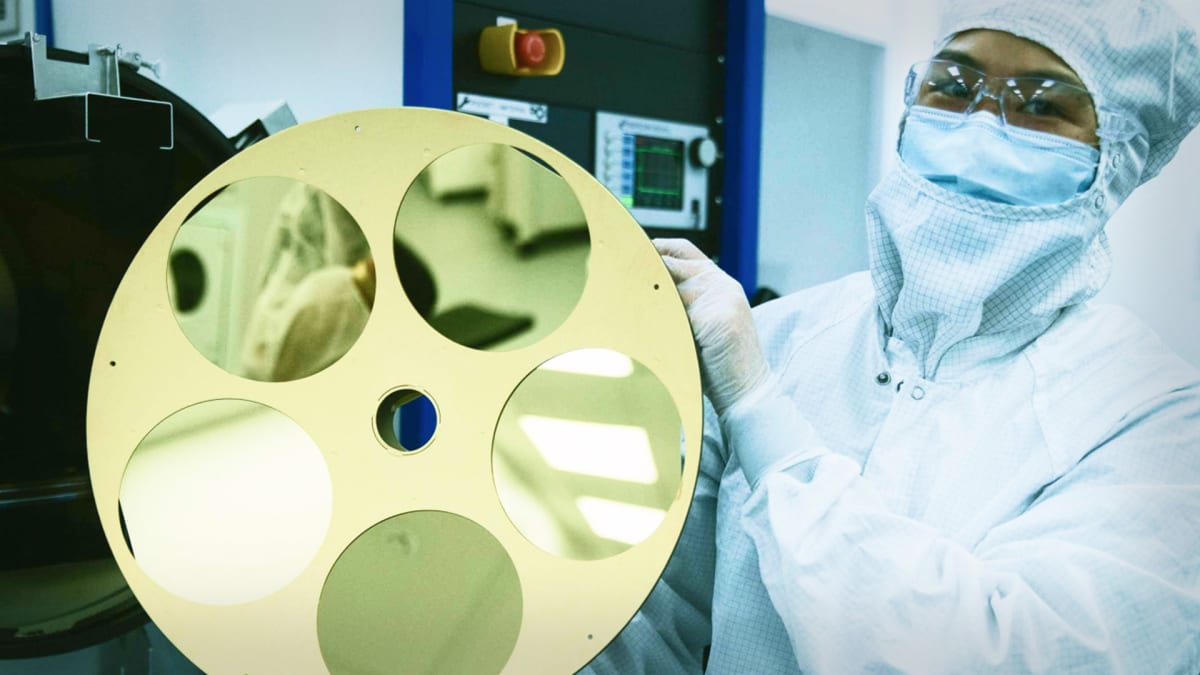
His detractors and critics will have to get used to it: Elon Musk is omnipresent.
When it is not his personal declarations and actions that make noise, it is the multiple companies in which he is invested that take center stage.
This week, Musk recorded one of his biggest flops: the attempt to interview Florida Gov. Ron DeSantis, which was marred by technical issues.
The interview, live audio on Twitter Spaces, was designed to crown Musk as the kingmaker of U.S. politics because DeSantis was to declare his presidential bid. The governor is seen as former President Donald Trump's most serious challenger for the Republican nomination for president.
In the end it was the technical glitches that dominated the media coverage, relegating the content of the Musk-DeSantis Show to the background. Even for Musk, who believes that bad publicity is good, because he stays at the center of attention, this disaster was a huge humiliation.
Neuralink's 'Important First Step': FDA Clearance
But the whimsical billionaire now ends the week with news of great importance for disabled and paralyzed people.
Neuralink, a startup Musk co-founded, said on May 25 on Twitter that it had received U.S. Food and Drug Administration clearance to test its connected brain implants on humans.
"We are excited to share that we have received the FDA’s approval to launch our first-in-human clinical study," Neuralink said. "This is the result of incredible work by the Neuralink team in close collaboration with the FDA and represents an important first step that will one day allow our technology to help many people."
"Congratulations Neuralink team!" the billionaire commented.
Musk launched Neuralink in 2016. The company designs and installs brain-machine interfaces, or connected devices to be implanted in the brain, to communicate with computers directly through thought.
The devices, called Links, will first be used to help people who are paralyzed or suffering from neurological diseases, including ALS, to regain their ability to communicate by moving cursors and typing with their brains.
Neuralink wants to make these implants safe and reliable enough to be placed with elective surgery -- people could pay a few thousand dollars to equip their brains with computer power. The technology's objective is to strengthen our cognitive abilities by interacting directly with our brains.
So far, the prototypes, the size of a small coin, have been implanted in the skulls of animals.
On Aug. 28, 2020, the billionaire and Neuralink tested their chip on a pig. Gertrude is a young sow who is part of these tests. She is equipped with the Link, Neuralink's first brain-machine interface. An 8-millimeter chip was implanted in her brain, which enables observation of cerebral activity.
Fierce Competition in the Brain-Machine Sector
After this test, Neuralink tested its technology on monkeys. Several were able to, in a sense, play videogames or type words on a screen, simply by following the movement of the cursor on the screen with their eyes. But the experiment sparked controversy because some monkeys died as part of the tests. Neuralink disputed that it was animal cruelty.
At the end of November the company also took stock of its latest advances in the design of a robot-surgeon and the development of other implants, to be installed in the spinal cord or the eyes, to restore mobility or vision.
The green light from the FDA is a big relief for Neuralink, which was falling behind the competition. Rival Synchron, which is developing its own brain-machine interface technology, obtained regulatory approvals from the FDA in 2021 to test its chip on humans.
Synchron also conducted tests on four people in Australia. Unlike the Neuralink implant, the Synchron implant can be installed without having to open the patient's skull. The purpose of this technology is to make life easier for paralyzed people, by offering them a way to control electronic devices with their thoughts.
Musk says Neuralink's chips will allow humanity to achieve a "symbiosis with artificial intelligence." The billionaire fears that AI systems will overtake humans and one day will take control.







